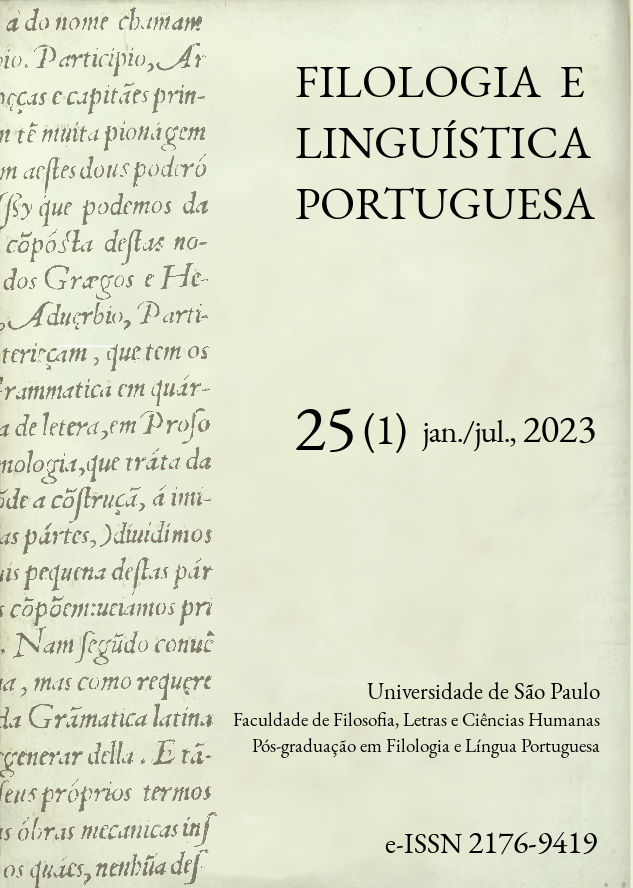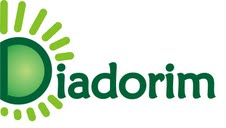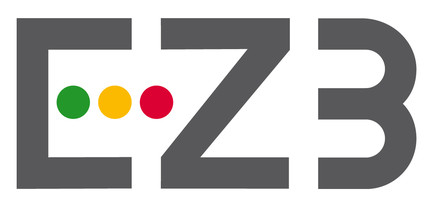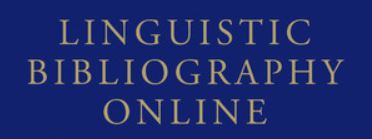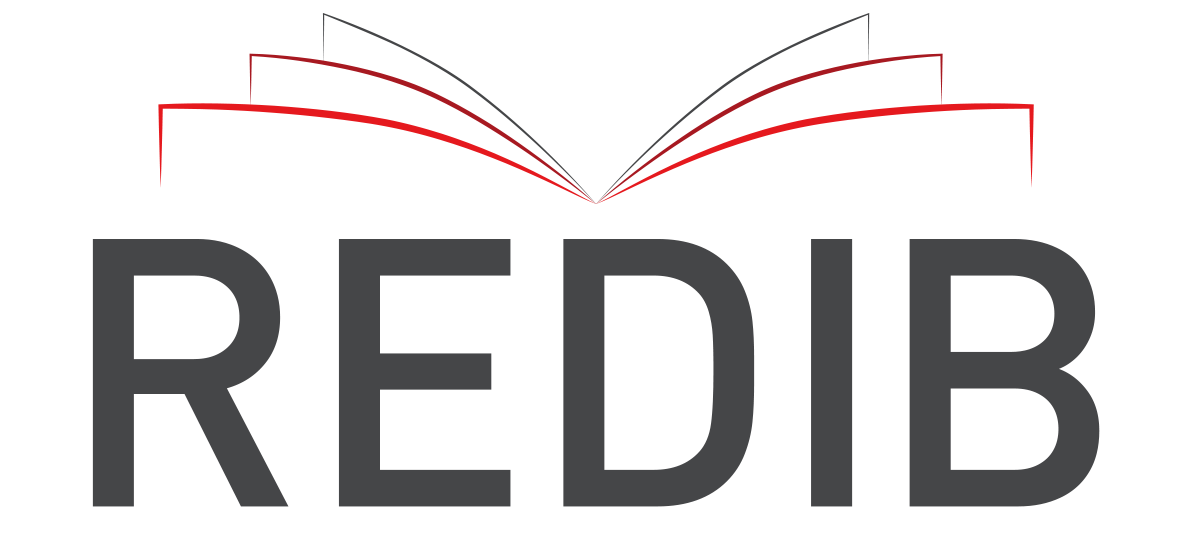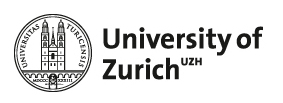The conformation of metaphors in oil terminology motivated by the human-world relationship: the semantic fields of clothing, family, and colors
DOI:
https://doi.org/10.11606/issn.2176-9419.v25i1p121-135Keywords:
Human-world relationship, Metaphor, Terminology, OilAbstract
This text aims to analyze the metaphors motivated by the human-world relationship in the semantic fields of clothing, family, and colors in oil terminology. It is based on the cognitive bias of metaphor by Lakoff and Johnson (2015), and based on the communicative and sociocognitive prism of Terminology by Cabré (1999) and Temmerman (2000), respectively. The only terminographic work in Portuguese about oil, entitled Dicionário do petróleo em língua portuguesa: exploração e produção de petróleo e gás (Dictionary of Oil in Portuguese: Oil Exploration and Production), was used as data source. Based on the analyses, it was possible to observe that the metaphors in oil terminology are motivated by the human-world relationship, grounded in everyday experiences, particularly in the semantic fields of clothing, family, and colors. Thus, it is understood that metaphor is not only linked to a stylistic device, as advocated by the classical view, but it is part of a mental process in which one concept is structured based on another, drawing from everyday experiences.
Downloads
References
Aristóteles. Retórica. Lisboa: Imprensa Nacional - Casa da Moeda; 1998.
Cabré M. La terminología: representación y comunicación. Barcelona: Institut Universitari de Linguistica Aplicada, Universitat Pompeu Fabra; 1999.
Coelho A. Risco operacional no descomissionamento de unidade marítima fixa de exploração e produção de petróleo [dissertação]. Niterói: Universidade Federal Fluminense; 2010.
Fernández E, Pedrosa Junior O, Pinho A. Dicionário do petróleo em língua portuguesa: exploração e produção de petróleo e gás: uma colaboração Brasil, Portugal e Angola. Rio de Janeiro: Lexikon / PUC Rio; 2009.
Ferrari L. Introdução à linguística cognitiva. São Paulo: Contexto; 2014.
Filipak F. Teoria da metáfora. Curitiba: HDV; 1963.
Fossile D. Um passeio pelos estudos da metáfora. Revista de Letras. 2011;14(1):1-15.
Instituto Antônio Houaiss. Dicionário eletrônico Houaiss da língua portuguesa. Rio de Janeiro: Objetiva; 2009.
Lakoff G, Johnson M. Metáforas de la vida cotidiana. Madrid: Ediciones Cátedra; 2015[1980].
Martins C. A metáfora na terminologia: análise de metáforas terminológicas em textos jurídicos do ambiente [dissertação]. Porto: Faculdade de Letras, Universidade do Porto; 2003.
Ricouer P. A metáfora viva. 3.ª ed. São Paulo: Loyola; 2015[1975].
Society of Petroleum Engineers. Petróleo e Gás Natural. Estados Unidos: DK Publishing; 2007 [slide]. Disponível em: https://www.energy4me.org/media/filer_public/86/19/8619ba89-7237-4949-a6fd-92060e26c1bc/brazil_port_web.pdf.
Temmerman R. Towards new ways of terminology description: the sociocognitive approach. Philadelphia: John Benjamins; 2000.
Wüster E. Introducción a la teoría general de la terminologia y terminografía terminológica. Cabré MT, tradutora. Barcelona: Institut Universitari de Linguistica Aplicada - Universitat Pompeu Fabra; 1998.
Downloads
Published
Issue
Section
License
Copyright (c) 2023 Theciana Silva Silveira

This work is licensed under a Creative Commons Attribution-NonCommercial 4.0 International License.
Copyright is transferred to the journal for the online publication, with free access, and for the printing in paper documents. Copyright may be preserved for authors who wish to republish their work in collections.


